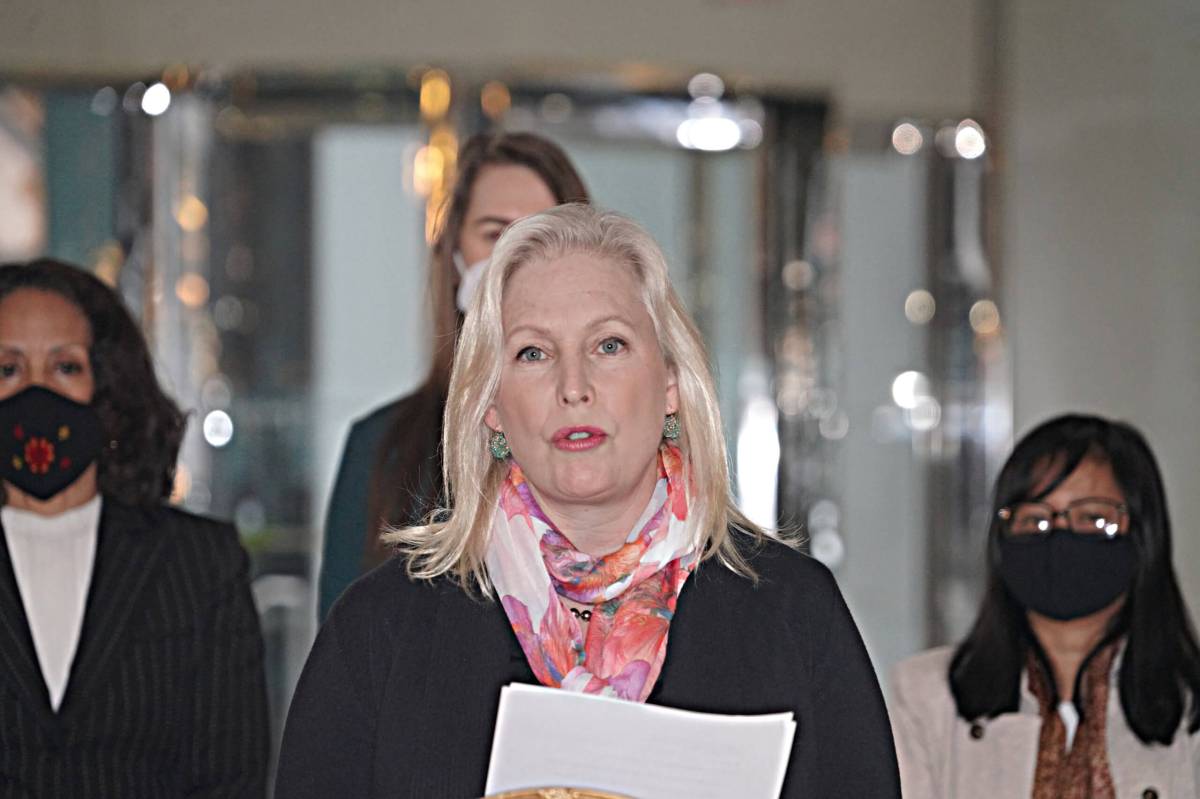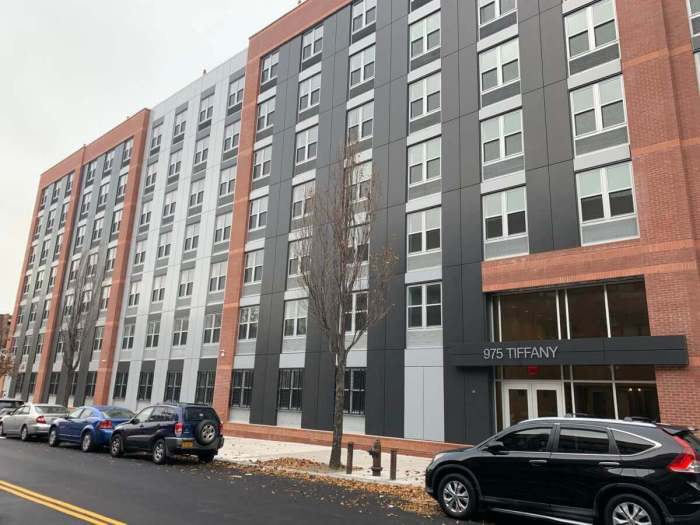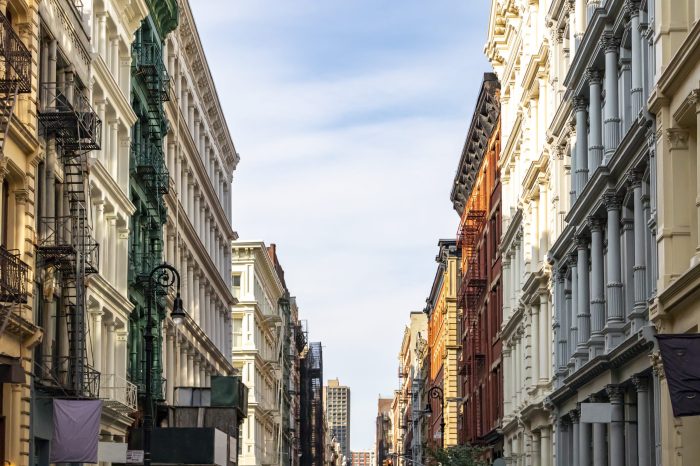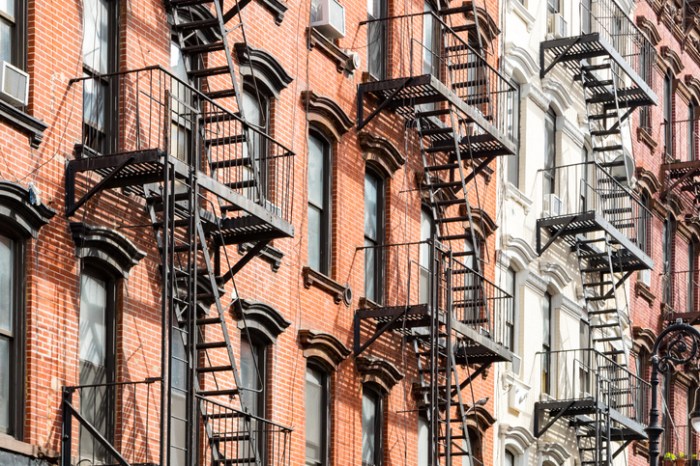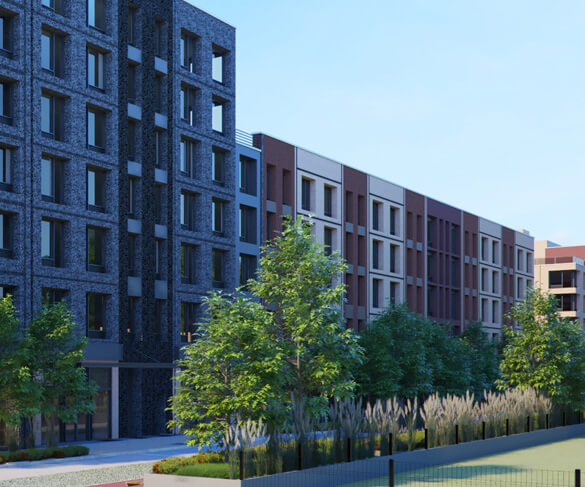New York Senator Kirsten Gillibrand and Brooklyn Congresswoman Yvette D. Clarke announced on Tuesday the Senate introduction of their bicameral legislation which addresses challenges in access to affordable housing in New York City and other urban areas.
The Affordable Housing and Area Median Income Fairness Act of 2022 would invest $15 billion in affordable housing each year for 10 years, while reexamining a key metric used to determine eligibility for low-income housing.
The Area Median Income (AMI) is a housing metric currently used by the U.S Department of Housing and Urban Development (HUD) to determine rent prices and inform income limits for affordable housing units.
However, the AMI is currently informed by using data from the entire NYC metropolitan area – meaning data from wealthy areas like Westchester and Rockland County is being used to determine who qualifies for affordable housing in low-income neighborhoods.
“The global pandemic exposed the extent of the housing crisis in New York City and across the country,” said Gillibrand during the announcement on May 31. “Affordable housing is becoming increasingly hard to find, and we need to rethink how we help low-income families. The Affordable Housing and Area Median Income Fairness Act of 2022 would reexamine our approach to calculating AMI and would also invest $15 billion per year to help make housing more affordable for low-income and middle-class families in New York. I look forward to fighting to pass it in the Senate.”
The Affordable Housing and Area Median Income Fairness Act would take a multifaceted approach to empower municipalities, increase developer transparency and increase the supply of affordable housing units. The bill would create over 350,000 new units, while directing HUD to use other methods to calculate AMI.
Nationally, almost half of all renters currently face a rent burden exceeding 30% of their income. In major cities, especially NYC, the combination of skyrocketing rent prices and economic strife caused by the COVID-19 pandemic make finding affordable housing extremely difficult.
Approximately 25% of renters nationwide contribute more than 50% of their income to rent every single month, and with threats of worsening inflation, it may become even more difficult and expensive to live in major cities – especially for people of color.
“In my beloved Brooklyn and too many communities across this nation, the security of affordable housing has become entirely out-of-reach to those who rely on it,” said Clarke. “For the communities of color most impacted by these inequities, we cannot afford to do nothing while they suffer under the unaffordability of safety. The simple measures within the Affordable Housing and Area Median Income Fairness Act of 2022 won’t only lower income caps and rent prices and significantly increase the supply of affordable housing – they will keep our communities’ most vulnerable groups safe in homes that won’t bankrupt them. This bill is a fundamental step in our fight against housing insecurity, and I am proud to have introduced it.”



